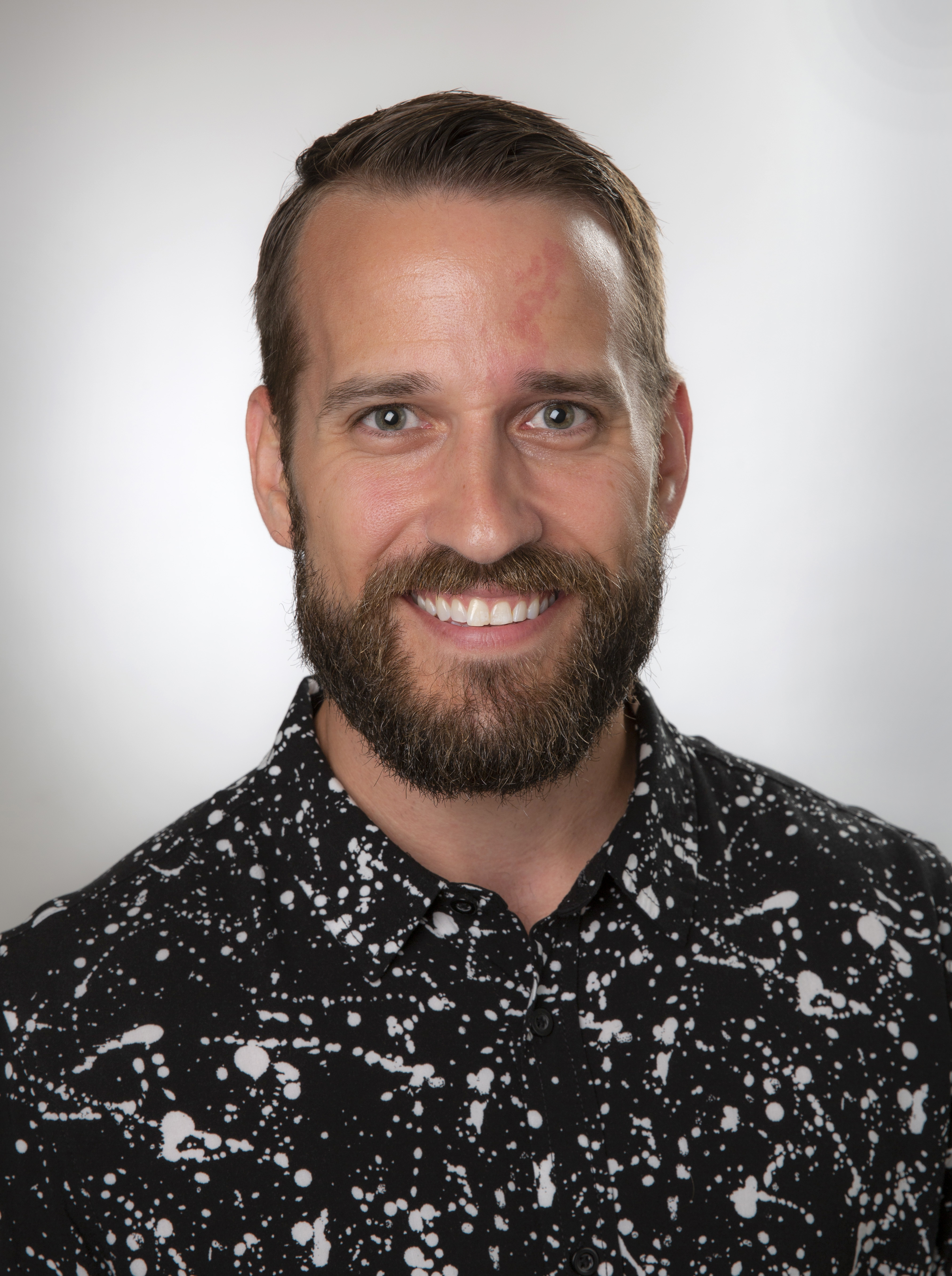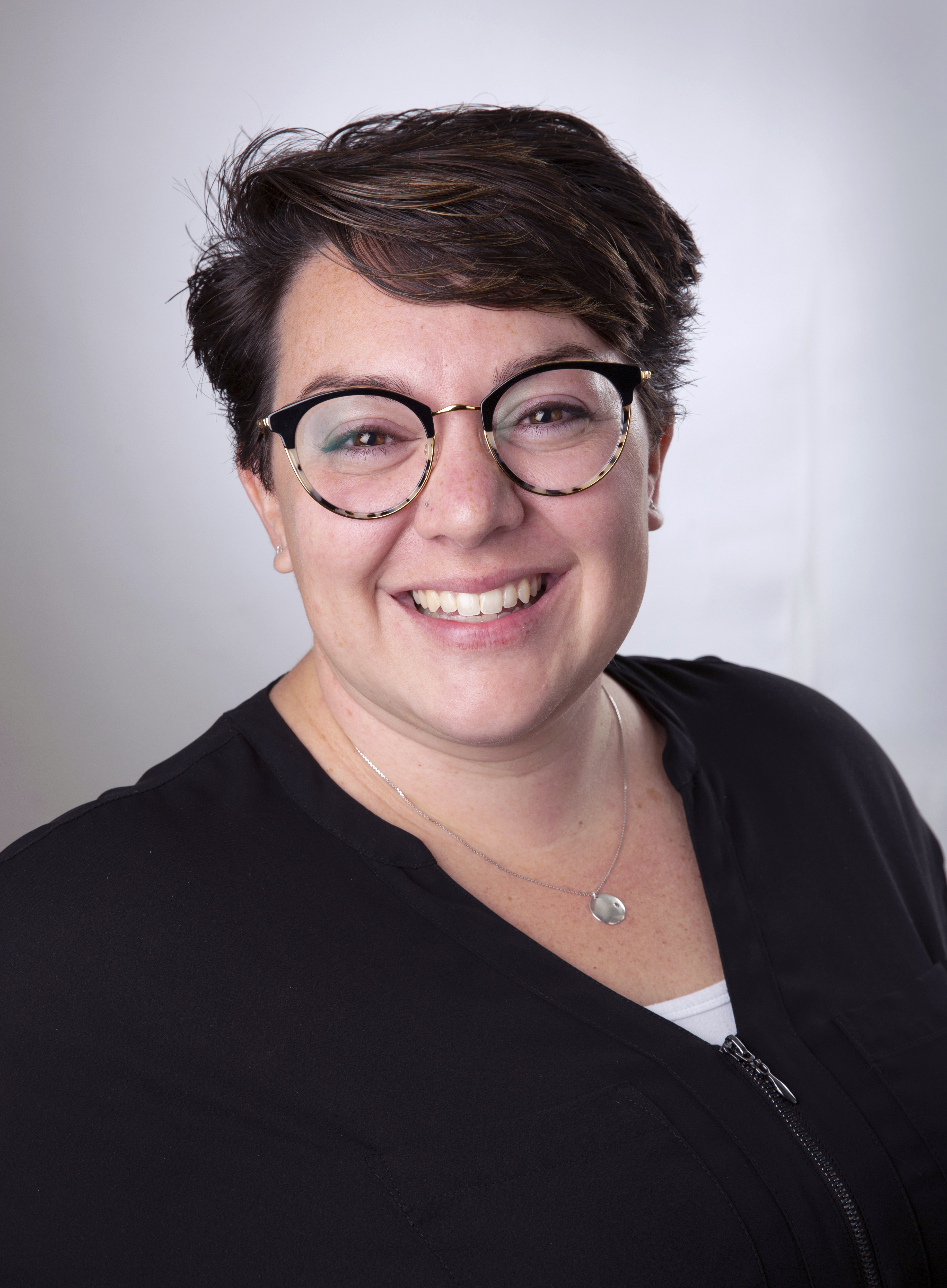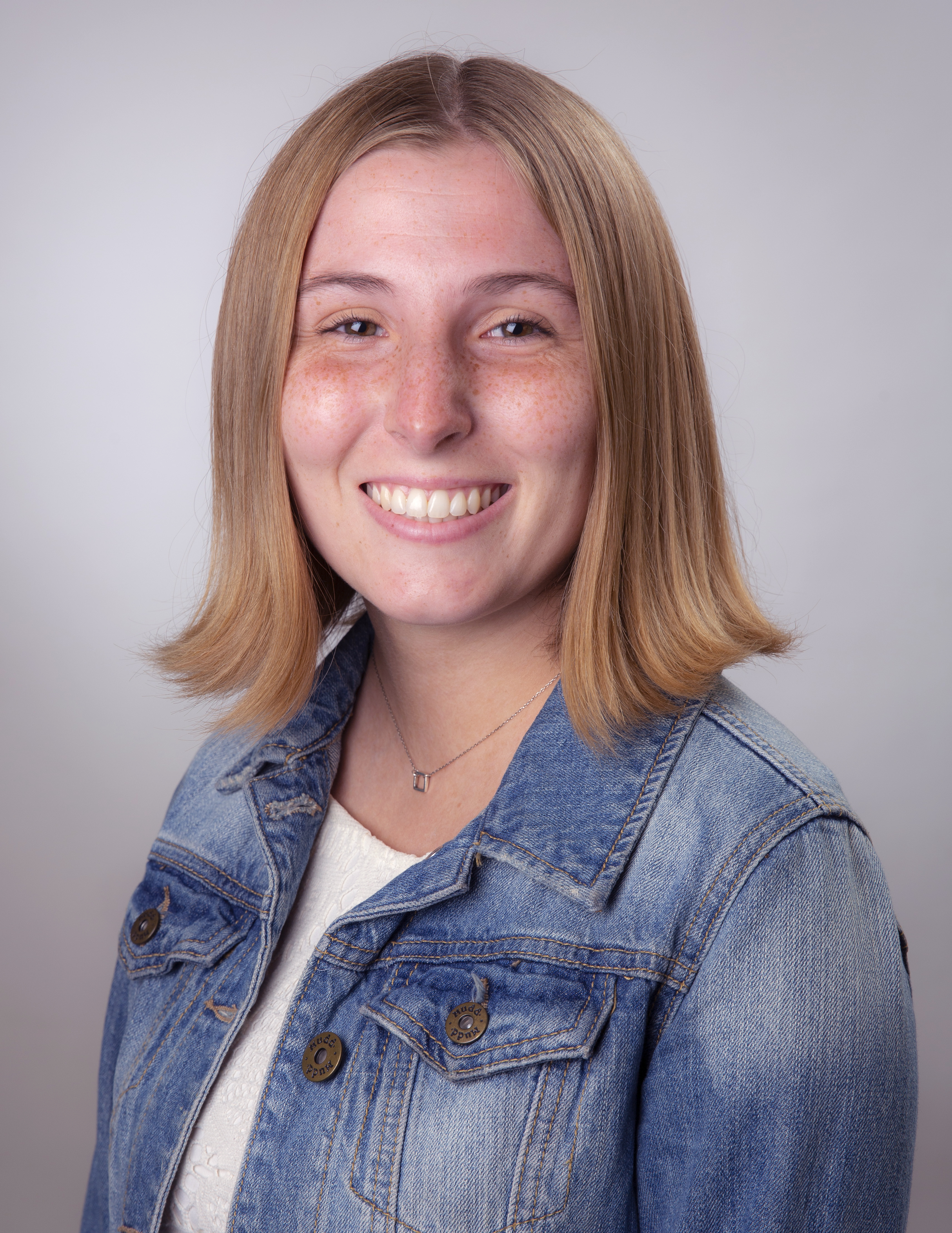ADVISING AND LICENSURE
Welcome to Advising in the College of Education and Professional Studies!
We are excited to help you navigate the College of Education and Professional Studies at UW-Whitewater. Our offices are located on the main floor of Winther Hall. Visit the Information Desk window Monday through Friday from 8:00am to 4:30pm (appointments are encouraged).
The College of Education and Professional Studies provides Academic Advising focused on encouraging and assisting students to explore, define, and achieve academic goals that are consistent with their personal and professional interests. Our role is to ensure students are eligible to apply to Professional Education and achieve their Licensure goals. We deliver high quality, student-centered advising that supports whole student development, helps students persist to graduation, and support students experiencing academic difficulty.
Every student with an Education Major that has completed at least 24 credits is assigned an Advisor in our College. Students in Communication Science and Disorders, Elementary Education, Early Childhood Education, Human Performance and Physical Education will be assigned a COEPS Advisor. Secondary Education and Special Education majors will have a Faculty Advisor assigned once they exceed 24 credits. Each student has a list of Advisor(s) listed on their WINS Student Center.
We will be asking students to download the Navigate app to schedule appointments with their COEPS advisors. If you are unable to download the app, or have questions or need assistance in scheduling an appointment please email education@uww.edu or call 262-472-1101.
 Steven Fischer
Steven Fischer
Director of Advising
Advises for: Elementary/Middles School Education, Early Childhood Education
 Nicole Weber
Nicole Weber
Senior Academic Advisor
Advises for: Communication Science & Disorders, Physical Education, Human Performance
Graduation Examiner
 Brian Pilsner
Brian Pilsner
Academic Advisor
Advises for: Secondary Education, Art Education, Elementary/Middle School Education
 Alison Stangler
Alison Stangler
Graduate Assistant
FAQs
Check your WINS account in your student center. If your assigned advisor is Steven Fischer, Nicole Weber, Brittany Franson or Kelli Danielski, you can set-up an advising appointment through Navigate. Alternately, you can email education@uww.edu to request an appointment, or stop by the Information Desk on the second floor of Winther Hall to set up an appointment. If you are currently assigned an advisor through the Academic Advising and Exploration Center (AAEC) but have additional questions, please feel free to set up an appointment in the same manner.
Complete the form found on the College website.
Follow the instructions for the form found at the Registrar's office forms page.
Students who wish to change majors that require admission to Professional Education must meet the following requirements:
- Less than 24 credits - 2.00 combined GPA required or qualifying test scores
- 24-71.5 credits - 2.50 combined GPA required or qualifying test scores
- 72+ credits - 2.75 combined GPA required or qualifying test scores
Additional majors that do not require admission to Professional Education:
- Human Performance- Less than 24 credits- 2.00 combined GPA, 24+ credits- 2.25 combined GPA required
- Communication Science and Disorders- Less than 24 credits- 2.00 combined GPA required, 27-71 credits- 2.25 combined GPA required, 72+ credits- 2.50 combined GPA require
See the Professional Education checklist.
The Praxis CORE Academic Skills for Educators is a set of three tests in Reading, Writing and Mathematics.
The CORE is a computer based test which you may take at an ETS testing site near you. Find a test center near you. There are also online guides and registration information available at the ETS website.
For all students pursuing teacher licensure programs and Communication Sciences and Disorders, there are two points of admission. The first is admission to UW-Whitewater and the second is admission to Professional Education. Students must be admitted to Professional Education in order to take upper-level courses for licensure required for their degree programs. In order to apply for admission to Professional Education, students must meet all of the Basic Eligibility Requirements and submit their application materials during one of the designated admission cycles for their program. There are admission cycles during the fall, spring and summer terms. While most programs admit during all three terms, the Early Childhood Dual Licensure program accepts applications during the fall only, Communication Sciences and Disorders accepts applications during the spring only, and the Elementary/Middle Education program admits in fall and spring, but not summer.
Please see the table below for all application dates. Click on the "Application Open Date" or "Application Close Date" in the table below when applications are live and you will be taken directly to the application. Contact education@uww.edu with any questions.
| Semester | Application Open Date | Application Close Date |
|---|---|---|
| Summer 2025 | May 26th, 2025 | June 8th, 2025 |
| Fall 2025 | September 1st, 2025 | September 14th, 2025 |
| Spring 2026 | January 26th, 2026 | February 8th, 2026 |
Federal regulations require full disclosure of licensure requirements for professional licensure programs (34 CFR Sec. 668.43; section C). Per the new rules, institutions are required to determine the states in which a student and prospective student is located for the purpose of disclosing state-specific; professional licensure information to students based on the state in which a student is located. Professional licensure requirements for the state of WI can be found on our Professional Licensure Disclosures webpage. If seeking licensure outside the state of WI, contact information for state agencies can be found on the NC SARA Professional Licensure Directory.
Communication Sciences and Disorders Program Requirements »
Students take the Foundations Block courses prior to applying for formal Admission to Professional Education in the College of Education and Professional Studies.
Foundations Block Courses
- EDFNDPRC 210: Introduction to Education and Teaching
- EDFOUND 243: Foundations of Education in a Pluralistic Society
- EDFOUND 222: Child Development (Elementary and Special Education majors) OR EDFOUND 212: Educational Psychology (Secondary Education majors)
All students entering the Foundations courses, including undergraduates, transfer students, and baccalaureate degree holding students, must meet the following criteria:
1. Passing scores on the Praxis CORE/ACT/SAT or GRE (students need passing scores in all components of the selected test within the last ten years).
OR
2. A 2.75 combined cumulative GPA (grade point average); On a minimum of 12 completed credits
Introduction to Education and Teaching
Observation and Participation Fieldwork Component
A central component of the Introduction course is the fieldwork requirement. Students spend 50 hours in a diverse educational setting. Students are responsible for their own transportation to the assigned site. The Introduction course instructors serve as university supervisors for this fieldwork experience, and cooperating teachers complete evaluations of the students.
Portfolio Component
In addition to the fieldwork component above, students will complete a portfolio requirement in the Introduction to Teaching Course.
In order to be admitted to an education program leading to licensure, a completed background check through Viewpoint Screening is required. Directions on how to apply [PDF] »
Please choose New Undergraduate Admissions/Office of Field Experience program option for undergrad, graduate, and post baccalaureate programs.
Licensure Information
The College of Education and Professional Studies has the responsibility and authority to develop, administer, evaluate, and revise each educator preparation program at UW-Whitewater. Our goal is to assist you in obtaining your Wisconsin DPI license. UW-Whitewater requirements for someone who does not already possess a baccalaureate degree are published in the UW-Whitewater Undergraduate Catalog. Students seeking initial licensure must also complete requirements for Admission to Professional Education. Graduate Students seeking licensure follow separate admission policies.
Advising Licensure Coordinators
The Advising Licensure Coordinators listed below are for students who are formally admitted to Professional Education and for students who already hold a bachelor's degree.
Freshmen or sophomores not yet admitted to Professional Education should contact the Winther Hall Information Desk (education@uww.edu or 262-472-1101) to be referred to the appropriate advisor.
Advising Assistance and Admission to Professional Education
Winther Hall Information Desk
Phone: (262) 472-1101
Email: education@uww.edu
Teacher Licensure Information
Email: coepslicensure@uww.edu
Early Childhood: Regular & Special Education (Dual Licensure)
| Program | Coordinator | Phone | Office |
|---|---|---|---|
| Early Childhood (Birth-8 years old) | 262-472-5087 | WH 4041 | |
| ECE4U - Online program for ECE Associate's Degree Transfer students |
Anne Tillett | (262) 472-1833 | WH 4034 |
| Program | Coordinator | Phone | Office |
|---|---|---|---|
| Art | Veronica Soria-Martinez | (262) 472-1638 | WH 3034 |
| Bilingual Education | Julie Minikel-Lacocque | (262) 472-5800 | WH 3039 |
| Business and Marketing Education | Denise Roseland | (262) 472-1831 | WH 4045 |
| Computer Science | Denise Roseland | (262) 472-1831 | WH 4045 |
| English | Contact us at COEPSlicensure@uww.edu | 262-472-1101 | Winther Hall |
| English as a Second Language | Julie Minikel-Lacocque | (262) 472-5800 | WH 3039 |
| Math | Wade Tillett | (262) 472-1078 | WH 3050 |
| Music | Alena Holmes | (262) 472-1217 | CA 2006 |
| Health, Physical Education, Adapted PE | Department of Kinesiology | (262) 472-1140 | WC 123 |
| - Coaching | Kelly Witte | (262) 472-5650 | WC 126W |
| Science | Adam Schafer | ||
| Social Studies | James Hartwick | (262) 472-5815 | Winther Hall |
| Theatre | Bruce Cohen | ||
| World (Foreign) Language | Contact us | (262) 472-1101 | Winther Hall |
| Program | Coordinator | Phone | Office |
|---|---|---|---|
| Undergraduate | Barbara Hilliker | (262) 472-5376 | |
| Graduate MSE | Shannon Stuart | (262) 472-4877 | |
| Early Childhood: EEN (Master's Program Only) | Naomi Rahn | (262) 472-1106 | WH4036 |
| SPECED4U-online program for Special Education | Laura Johnson | (262) 472-1106 | WH 5035 |
| Program | Coordinator | Phone | Office |
|---|---|---|---|
| Alternative Education ( graduate only) | Contact us at COEPSlicensure@uww.edu | (262) 472-1973 | WH 3049 |
| Communication Sciences & Disorders ( MS) | Lynn Gilbertson | (262) 472-5202 | RS 1014 |
| Counselor Education ( graduate only) | Jennifer Betters-Bubon | (262) 472-1886 | WH 6039 |
| Principal, Director of Pupil Services, Director of Instruction ( graduate only) |
Dennis Pauli | ||
| Gifted and Talented Program Coordinator (graduate only) | Contact us at COEPSlicensure@uww.edu | ||
| Library Media | Jennifer Petersen | (262) 472-5408 | WH 6043 |
| Reading (graduate only) | Kelly Pankratz | (262) 472-1106 | WH 5033 |
| School Business Administration (graduate only) | John Smith | (262) 472-4704 | HH 4518 |
| Business Education (graduate only) | Karla Saeger | (262)-472-5475 | |
| School Psychology (graduate only) | Christine Neddenriep | (262) 472-1850 | LT 1229 |
| School Social Work (graduate only) | Kristen Prock | (262) 472-5150 | LT 5211 |
Elementary Education
| Program | Coordinator | Phone | Office |
|---|---|---|---|
| Elementary/Middle | Yao Fu | (262) 472-5213 |
WH 3035 |
Applying for a License
Instructions for Program Completers
Step 1: Please complete the UW-Whitewater Endorsement Survey.
Step 2: Check here to see if you are required to submit fingerprints to the Department of Public Instruction (DPI).
Step 3: Check your UWW email approximately one to four weeks after you complete your program (this includes the successful completion of student teaching, clinicals, and /or testing requirements) and have completed step 1. The email will confirm that your endorsement for licensure has been submitted to the DPI.
Step 4: After you receive the confirmation email you may begin the DPI ELO application process. Please note: Step 1 and Step 3 MUST occur before the DPI ELO system will be ready for you.
Additional Information:
- DPI will require UWW to upload your name into ELO before you will be able to submit your license application.
- In order for UWW to submit your name to ELO, you will need to have completed Step 1 (see above), have your final grades in, your degree posted (if applicable), passed the FORT test (for applicable majors; i.e. elementary ed, early childhood ed, reading teachers and specialists), passed the FORT test or FORT Alternative (applicable for special education majors only; this does not include early childhood programs), passed any required content exams, and/or met the minimum 3.0 content GPA for your specific licensure area (if applicable).
- You may view your unofficial transcript in WINS if you would like to track when your grades have been posted and to see when your Bachelor's degree has been posted. EVERYTHING must be posted before your name will be submitted to DPI.
- DPI will require a $125 credit card payment (no PINS are accepted).
- Once you are applying on DPI's ELO website, if you encounter problems please contact DPI.
- To check on the status of your application at DPI once your license application has been submitted by you online, use the ELO Public Search at the Department of Public Instruction.
Note: Licenses with stipulations require an entirely different license application process. Please check with your employer or DPI for additional information.
If you completed your approved program prior to 2004, please email coepslicensure@uww.edu
*If you are applying for an out of state license, your WI license application needs to be submitted prior to submission of an out of state licensure application*
- Research out-of-state requirements before applying for positions out of Wisconsin. Contact the Department of Education in the state you wish to seek employment.
- If the out-of-state application form requires an institutional endorsement, you may email the form to: coepslicensure@uww.edu
- Once you have submitted the application form, it will be processed and any questions regarding your application will be sent via email.
- NC Sara Professional Licensure Directory »
Testing and Requirements
Tests for Admission to Professional Education
Note: Effective September 1, 2015, only passing scores from within the past 10 years (from the date of submission of application for Admission to Professional Education) will be accepted. Passing scores must all be from the same test session.
Students can apply for admission to the College of Education and Professional Studies by obtaining a combined GPA of 2.75 OR using passing scores from all components of ONE of the tests listed below:
Praxis Core Academic Skills for Educators (CORE) Test
The Praxis CORE Academic Skills for Educators is part of the Praxis Series administered by Educational Testing Service (ETS). The Praxis CORE is used to measure teacher candidates’ knowledge in reading, writing and mathematics. Note: If you wish to take all three Praxis CORE tests at the same time, select CORE Academic Skills for Educators: Combined Test (5752) when registering. Scores, however, will be reported by individual test (5713, 5723, 5733).
| Test | Wisconsin Passing Score |
|---|---|
|
CORE Reading (5713) |
156 |
|
CORE Writing (5723) |
162 |
|
CORE Mathematics (5733) |
150 |
| Test | Wisconsin Passing Scores |
|---|---|
|
Composite score of 22 with minimum score of 20 on |
|
|
Total score of 1100 |
|
|
Minimum score of 150 on Verbal Reasoning, 3 on Analytical Writing, and 145 on Quantitative Reasoning |
Wisconsin Foundations of Reading Test
All candidates in Wisconsin applying for a teaching license in Early Childhood, Elementary Education, Special Education, and Reading Specialist will be required to take the Foundations of Reading Test (FORT). Passing scores on the FORT will be required to be endorsed for a Wisconsin Teaching License. When registering for the test, make sure to register for test 190.
For detailed information about the test, test outline, practice tests, study guides, videos, and tutorials provided by Pearson Education, the test publisher, can be found here.
State Minimum Score: 233
Students can electronically enroll to take the FORT.
Praxis II and Content Area Assessments
Students admitted to Professional Education prior to Fall 2023 may be required to submit a passing score on the Praxis II Content Knowledge Test depending on the specific program of study.
Praxis II Content Knowledge Tests for initial licensure are:
- *Praxis II English Language Arts: Test Code: 5038; passing score 167
- *Praxis II General Science: Test Code: 5435; passing score 154
- *Praxis II Social Studies: Test Code: 5081; passing score 153
If the first attempt to pass the Praxis II Test results in a failing score, contact your Program Coordinator for additional support. Register for the test.
To qualify for student teaching and licensure in all programs other than those listed above, students must either:
- Pass the appropriate Praxis subject assessment test
or
- Have a 3.0 or greater GPA in their major and licensure courses.
Students must complete these requirements by March 1st for Fall student teaching or October 1st for Spring student teaching in order to be placed by the Office of Clinical Experience (OCE).
It is the student’s responsibility to know which test they will be required to take. Students must consult with their COEPS faculty advisor for clarification of which Praxis subject assessment test(s) and/or content area exam(s) they will be required to pass for licensable minors and/or non-declared programs.
Test Preparation Resources
- The UW-Whitewater Andersen Library has a plethora of test preparation materials for students seeking teacher licensure available for checkout and for use in the library.
- Use the Test Prep Resources for Teacher Licensing LibGuide to find study materials online and in the Andersen Library.
- Test preparation books are available for purchase at the University Bookstoreand through your preferred bookseller. The ETS website provides free study companions and low-cost interative tests.
- We also recommend that students visit their local public libraries to utilize test preparation materials available there.
Students must meet the following requirements to be eligible for UW-Whitewater institutional endorsement for licensure:
- Completion of a UW-Whitewater approved undergrad, graduate, or post baccalaureate program. If a candidate has a degree from another institution, a transcript review will be required and statutory requirements may need to be met.
- Successful completion of of Clinical Experiences, including Pre-Student teaching, student teaching/practicums as required by your program.
- A combined GPA of 2.75 based on all post-secondary credits. (3.0 for licenses that require a master’s degree)
- Content GPA of 3.0 or higher OR passing the required Praxis Subject Assessment for the program. Candidates should communicate with their program coordinator to determine requirements.

